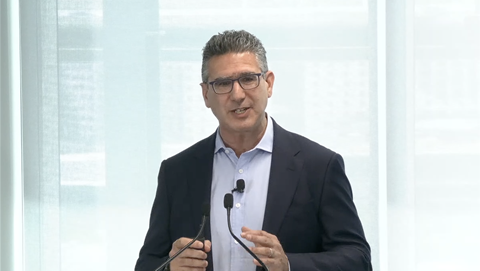The Australian Tax Office has commenced a data-matching project to identify tradespeople who operate in the cash economy.

The project targets plastering businesses that have done work "off the books" in order to avoid being taxed on their earnings.
It involves credit card and EFTPOS sales data from banks, and details of all plasterboard and cornice sales from suppliers.
Using an electronic process that has been in place for more than 15 years, data is matched with ATO corporate data to link transactions with the relevant taxpayer.
Matches are then assigned a level of confidence, and only high confidence matches continue to be automatically processed.
Software sifts through the remaining records, matching information to ATO industry benchmarks, which are used to estimate the income range of plastering businesses based on the quantity of supplies purchased.
Any discrepancies then form the basis of further investigation via tax reviews and audits.
According to an ATO's senior assistant commissioner Chris Barlow, the agency has obtained details of more than 660,000 plasterboard and cornice sales in NSW between 1 July 2007 and 30 June 2009.
"We are in the process of matching this data against taxpayer information and the ATO's small business input benchmarks, which are used to identify businesses that may be deliberately avoiding their tax obligations," he told iTnews.
"Businesses that have purchased greater quantities of plasterboard than is compatible with their reported income ... [or] that appear to have purchased less than their reported income may be subject to further scrutiny."
Highlighting identification as the greatest challenge, Barlow said that the amount of time and resources required for the ATO's data matching operations depended on the quality of acquired data.
"Electronic data matching has proven to be extremely cost effective when compared with manual practices," he said.
"The volumes of data processed electronically by the ATO could not be managed without computing resources."
Last financial year, the ATO processed more than 500 million third party data transactions using its corporate identity matching software.



_(23).jpg&h=140&w=231&c=1&s=0)
.png&h=140&w=231&c=1&s=0)






 iTnews Executive Retreat - Security Leaders Edition
iTnews Executive Retreat - Security Leaders Edition
 iTnews Cloud Covered Breakfast Summit
iTnews Cloud Covered Breakfast Summit
 The 2026 iAwards
The 2026 iAwards












_(1).jpg&h=140&w=231&c=1&s=0)



